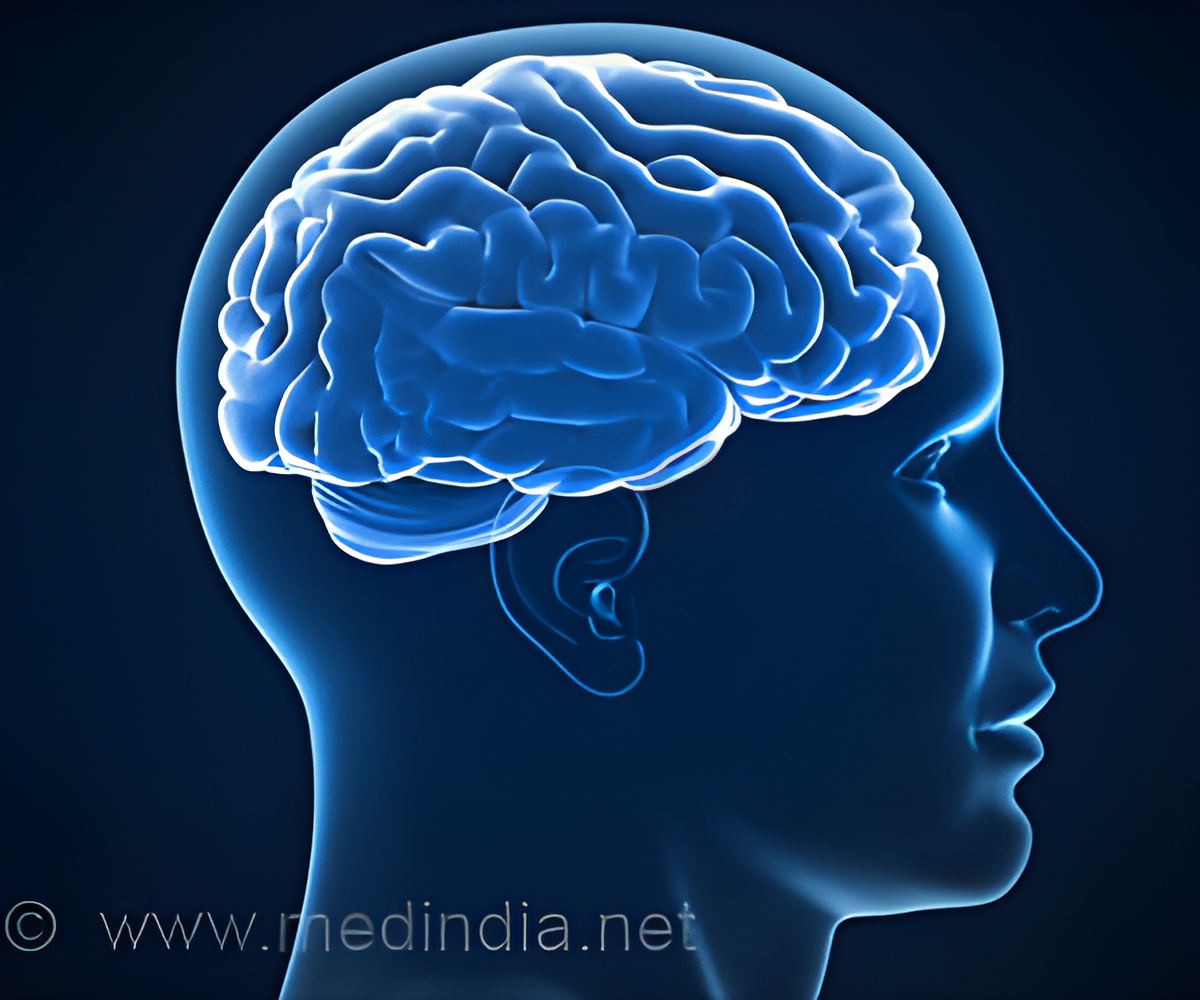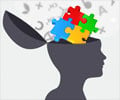Immune molecules called cytokines influence mood, behavior, and brain activity, revealing new possibilities for treating conditions like autism and anxiety.

Inflammatory and anti-inflammatory cytokines bidirectionally modulate amygdala circuits regulating anxiety
Go to source). Recently, two new studies from Harvard Medical School and the Massachusetts Institute of Technology, published on April 7 in Cell, reveal the complex interactions between the brain and immune system that explain this well-known yet poorly understood phenomenon.
‘Did You Know?
Cytokines, the body's "chemical messengers," not only control inflammation but also communicate with the brain, linking your immune and nervous systems in surprising ways!’





Cytokines, the body's "chemical messengers," not only control inflammation but also communicate with the brain, linking your immune and nervous systems in surprising ways!’
Advertisement
Mapping the Role of Cytokines
The studies, conducted in mice and funded in part by the National Institutes of Health, identify the molecular basis of this phenomenon, showing how immune molecules called cytokines influence brain activity.While scientists have long known that cytokines impact emotions and brain function, the specific mechanisms and regions in the brain have remained unclear. The new research maps a network of cytokine signals that interact with specific brain cells to regulate mood, anxiety, and social behavior.
If these findings are confirmed in further studies involving animals and humans, they could lead to new therapies for conditions such as autism and anxiety disorders. These treatments would work indirectly by altering immune chemicals to calm the immune system, rather than directly acting on the brain like traditional psychiatric drugs, which must cross the blood-brain barrier.
Jun Huh, co-senior author of the studies, emphasized that identifying the mechanisms of cytokine receptors in the brain has allowed researchers to begin unraveling the complex relationship between the immune and nervous systems, potentially paving the way for new treatments for autism and anxiety.
Advertisement
Cytokines and the Brain’s Fear Center
In one of the studies, researchers found that cytokines regulate anxiety by targeting specific neurons in the amygdala, the brain’s fear center, which processes emotions such as fear and stress. The experiments showed that two cytokines, IL-17A and IL-17C, heightened activity in the amygdala, leading to anxiety-like behaviors in mice.Surprisingly, blocking the receptor for IL-17A increased levels of both IL-17A and IL-17C, amplifying amygdalar activity and worsening anxiety behaviors. In contrast, the anti-inflammatory cytokine IL-10 calmed the amygdala neurons, reducing anxiety, indicating that both inflammation-driven and anti-inflammatory signals interact with the brain to influence mood and behavior.
Cytokines and Social Behavior
The second study highlighted how certain cytokines, including IL-17A, IL-17B, IL-17E, and IL-17F, enhanced social behavior in mice with autism-like traits. These mice, who typically showed reduced social interest, became more engaged with other mice and exhibited fewer repetitive behaviors when given these cytokines.IL-17E emerged as a key player, binding to specific brain receptors to promote social interaction. In mice with autism-like behaviors, IL-17A appeared to increase IL-17E levels, indirectly boosting social behavior. The discovery that IL-17E is produced by neurons themselves challenged previous assumptions and opened up new research possibilities.
Role of IL-17E in the Brain
Since IL-17E is produced by neurons and can directly alter their activity, researchers suggested it may act as a neuromodulator, similar to serotonin and dopamine. This finding helps explain earlier studies showing that fever-induced inflammation could alleviate certain symptoms in children with autism.The results of these studies emphasize the intricate crosstalk between the immune system and the brain, showing how immune signals shape mood and behavior through specific brain pathways.
Next Steps in Understanding Cytokine Passage into the Brain
Despite the groundbreaking nature of these studies, key questions remain. The most pressing is whether and how these mechanisms apply to humans. Additionally, researchers are investigating how cytokines cross the blood-brain barrier, which typically protects the brain from harmful substances. It is theorized that chronic inflammation may weaken this barrier, making it more permeable, a topic that warrants further research.If scientists can successfully manipulate cytokines to regulate mood and social behavior, this approach could offer a promising treatment alternative for anxiety disorders and autism-related conditions.
Reference:
- Inflammatory and anti-inflammatory cytokines bidirectionally modulate amygdala circuits regulating anxiety - (https://www.cell.com/cell/abstract/S0092-8674(25)00278-8?)
Source-Eurekalert















